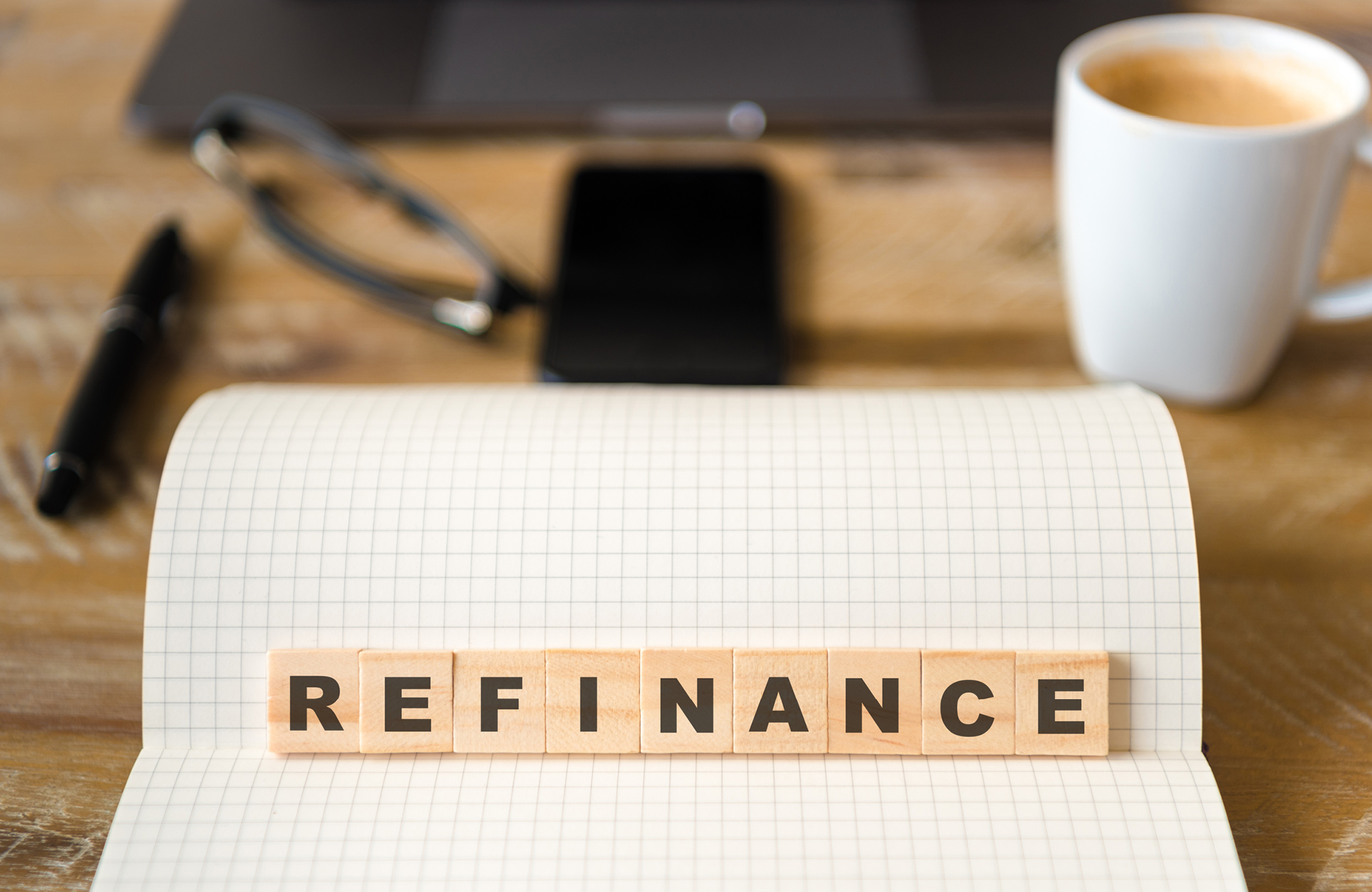
Could you Benefit from a Refinance?
Could you Benefit from a Refinance?
Are you ready to refinance your mortgage? Depending on your current situation, refinancing could be used as a valuable tool to help you achieve your short or long-term financial goals.
What does it mean to refinance?
When you refinance your mortgage, you are replacing an original mortgage with a new mortgage. Refinancing allows a borrower to obtain a new mortgage with a new interest rate and term. You're not eliminating your debt, you're moving it to a new loan.
So, how do you know if it’s a good idea to refinance? For starters—it’s important to note that there is no rule-of-thumb when it comes to financing your mortgage. You’ll need to carefully review your financial situation to weigh the costs vs. benefits. If you’re considering a refinance, ask yourself these 3 questions:
What are your goals for refinancing? There are many potential reasons to refinance your mortgage, including:
-Reducing your interest rate to save money on your monthly mortgage payments.
-Reducing your term to pay off your mortgage quicker and pay less interest over the life of the loan.
-Extending your term to reduce your monthly mortgage payments.
-Switching loan types, such as switching from an Adjustable Rate Mortgage (ARM) to a fixed-rate mortgage, or vice versa.
-Removing private mortgage insurance- If you're paying private mortgage insurance on your FHA loan and have reached more than 20 percent equity in your home, you might be able to refinance to drop the PMI.
-Taking cash out of your home's equity to pay for other expenses, such as renovations, tuition, medical bills, weddings, etc.
-Consolidating Debt- If you have various debts, you could potentially save money by refinancing your debt into your mortgage at a lower rate.
How much can you save and what is your break-even point? If your goal is to save money on your monthly mortgage payment, you’ll want to calculate how much you can potentially save with a lower interest rate. Start by figuring out how much you owe on your current mortgage, how much you have in equity, and what your current interest rate is. You can do this by looking at your most recent mortgage statement.
Just like a mortgage, there are closing costs associated with refinancing a mortgage. So, your break-even point will be the number of months that it takes for your refinance to pay for itself. It is important to speak with a professional about your personal situation to establish your break-even point and determine if a refinance is in your best interest. Looking to crunch the numbers now? Check out our refinance calculator to determine how much you could save.
How are your finances? Have you checked your credit score lately? What about your income and debts? Have these changed dramatically since you got your mortgage? Your credit and debt-to-income ratio impact your interest rate and your ability to qualify for a mortgage. Those with better credit scores and lower DTI ratios will have access to better rates, so if your finances have improved, this could lead to more savings. The only way to know if you’re truly qualified is to speak with a loan officer about your situation.
The bottom line: Under the right circumstances, refinancing can be a huge opportunity for homeowners to save money by reducing their monthly payments or consolidating debt under a lower interest rate. The best way to figure out if refinancing is in your best interest is to have a conversation with a trusted lender. They will give you an honest analysis and help you determine if a refinance is in your best interest.
Refinance Glossary:
Refinance – Replacing an original mortgage with a new mortgage. Refinancing allows a borrower to obtain a new mortgage with a new interest rate and term.
Cash-Out Refinance-A refinancing option that pays off your existing first mortgage to get a new mortgage and new payment plus extra cash at closing. Cash-out allows for clients to pay off debt, renovate the property, pay for college, etc.
Equity – A homeowner’s financial interest in a property. Equity is the difference between the fair market value of the property and the amount still owed on its mortgage and other liens.
Closing costs – Costs that include the appraisal fee, credit report fee, loan origination fee and other charges. When refinancing, they generally add up to 2-4% of the loan amount.
Private mortgage insurance (PMI) – Insurance that the borrower will probably need to purchase if the down payment of a home is less than 20% of the purchase price. Also known as mortgage default insurance.
A loan-to-value (LTV) ratio is the number that shows the difference between what you owe on your mortgage and the value of your home.
Debt-to-income ratio (DTI) A measurement used by lenders to determine your capacity to make your monthly mortgage payments and repay the money you borrowed. DTI is calculated by dividing your monthly debt payments by your gross monthly income.
Refinancing an existing loan may result in finance charges being higher over the life of the loan. Reduction of payments may reflect a longer term. The information contained herein (including but not limited to any description of TowneBank Mortgage, its affiliates and its lending programs and products, eligibility criteria, interest rates, fees and all other loan terms) is subject to change without notice. This is not a commitment to lend.
< Go Back
